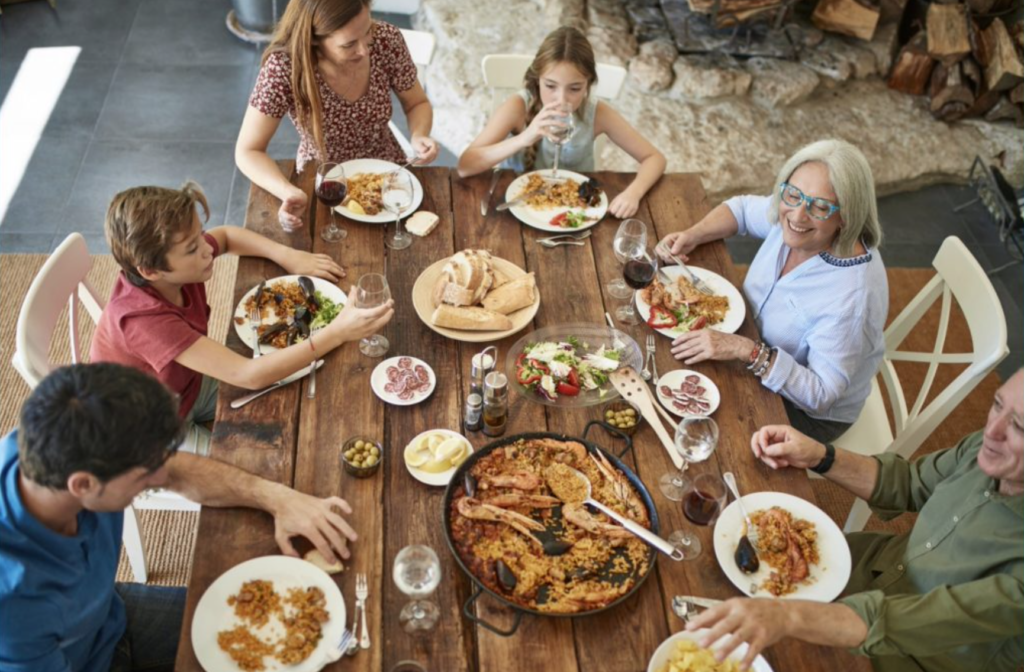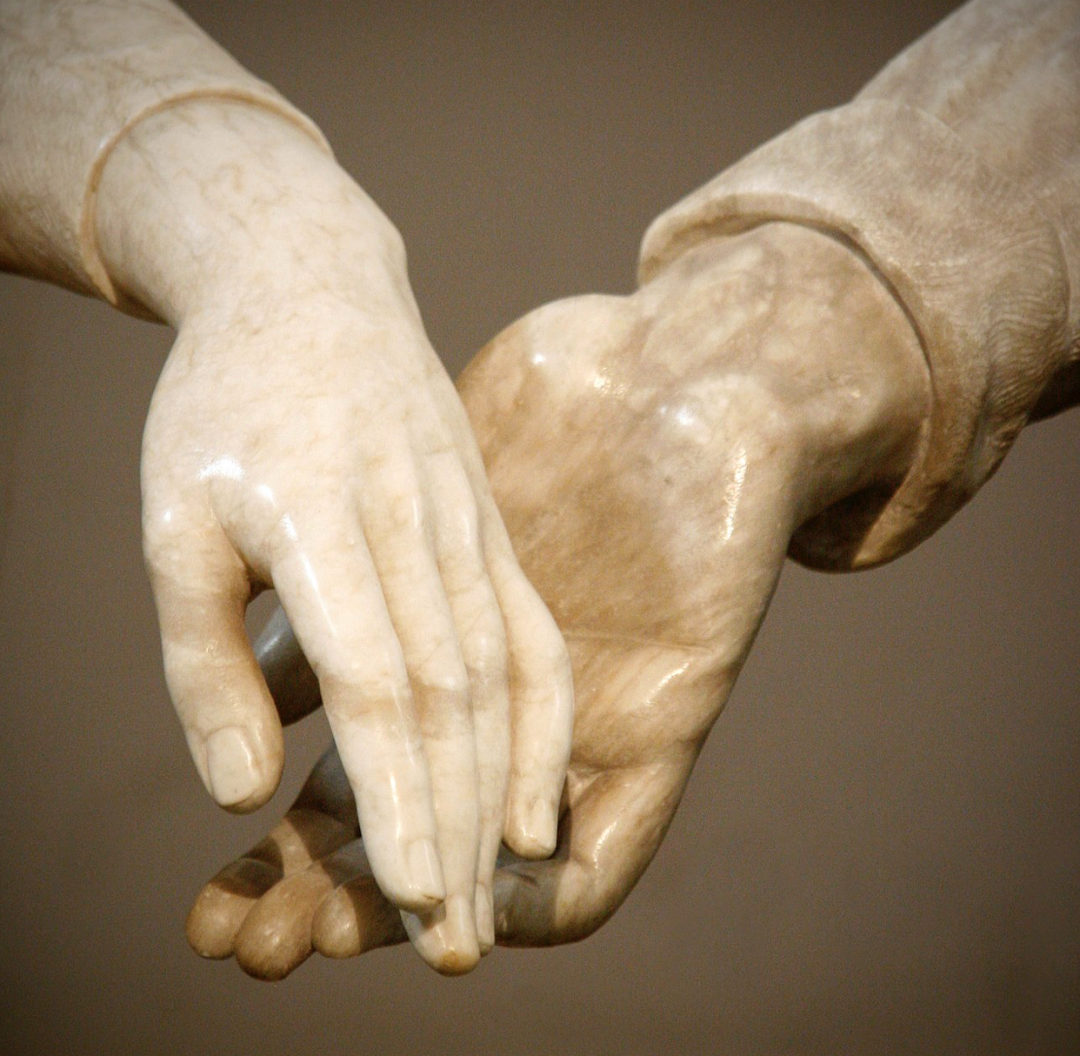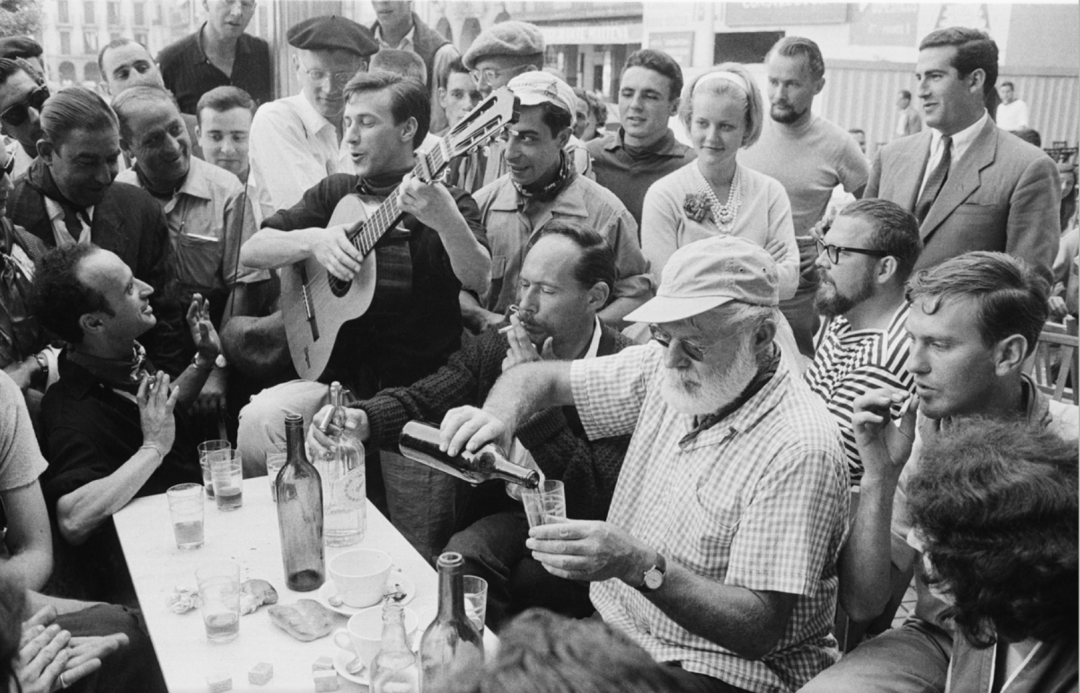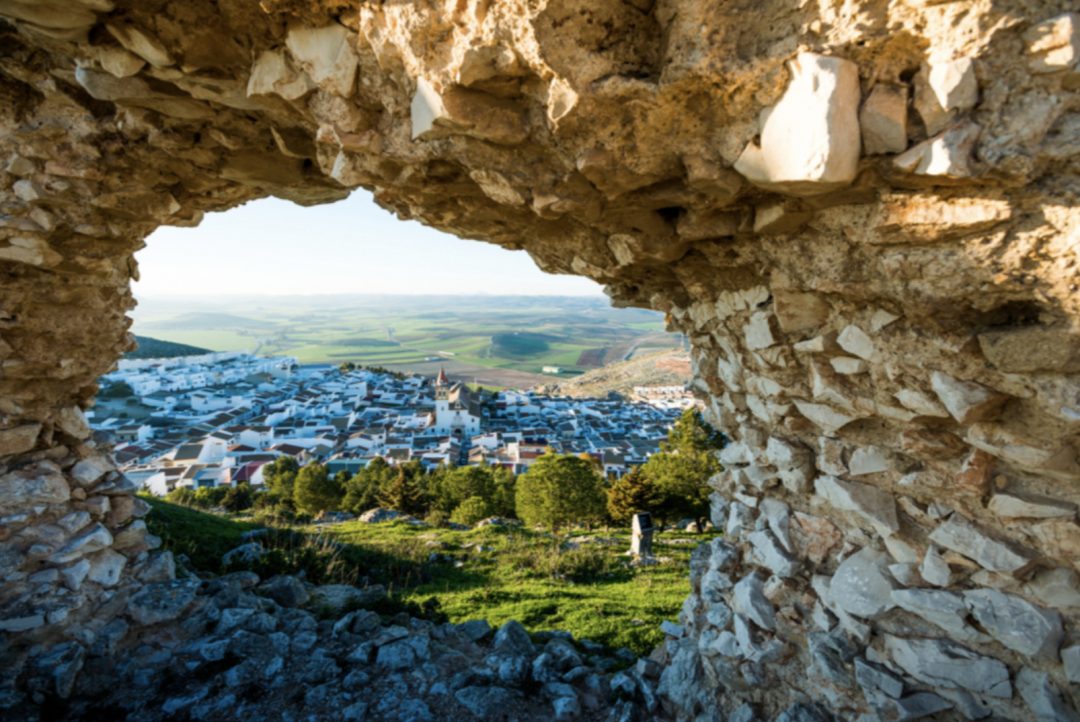When people come to Spain, they are usually surprised by the typical Sunday scene: they see many Spanish families together in parks, restaurants or on the beach (with grandparents, aunts, uncles, cousins and even neighbors) eating paella or tortilla, drinking and speaking loudly because the football is on television in the background.

The truth is that Spaniards have a very deep-rooted connection with the family. For example, parents are, in general, quite protective. Due to the successive crises in recent years, young people generally don’t move out until the age of thirty and in some cases, not even until forty. They could be living in their parents’ home, along with their children included, if perhaps, they have become unemployed. What’s more, the birth rate has fallen due to the lack of stable work and independent living, and so young people aren’t able to start a family.
The political and economic context explains the trends that Spanish society has been adopting. The current concept of family has been heavily influenced by the period of Franco’s dictatorship (1936-1975). Spain’s current grandparent generation lived during the dictatorship, a time when practically everyone was Catholic, families were large and the role of a woman was to be a housewife. A conservative and highly censored society which has been catching up with the rest of Europe in leaps and bounds over the last few decades.
Nonetheless, there is a detail that many people miss, which is that before the Civil War, Spain enjoyed relative modernity during the few short years of the Second Republic (1931-1939), in which the Spanish government fought for the independence of women allowing them the right to vote and divorce.
The Spanish family has changed a lot in the last forty years. According to this statistic, in 1978 the average age to get married was around 25 years old, whereas, in 2016 it was 34. Consequently, children are being born later, following the delay in getting married. The number of children has also reduced. Before the average was in 2 and now it’s 1.
In 1978, the State was still Catholic and more than 97% of weddings were celebrated in the Church and until 1981 the divorce law was not approved. With regards to same-sex marriage, homosexual marriage was legalized in 2005. Once divorce was made legal, the state became secular. Upon leaving the dictatorship behind, we were heading rapidly towards modernity. The concept of family changed radically and the number of single-person households increased. In the 1990s, living in a home with five or more people was common, but in 2016 this only happened in 5.7% of cases. However, there is one piece of statistic that has not stopped rising, and that is the number of registered domestic pets (13 million of which 93% were dogs in 2019). It has reached the point that we have identified that there is a greater number of household animals than children under 15 years of age in the country!.
With respect to women, just 28% of women were workers in 1978 and in 2018 that rose to 53%. Furthermore, there was only 6% of women in Parliament which later rose to 42%. Before, only one in three driving licenses corresponded to the female public, and in 2018 half of the licenses issued belonged to women. The Spanish woman is characterized by having a lot of energy, and nowadays she not only makes an economic contribution as well as caring for the family.
Was much of this new to you? Let us know your opinion in the comments! If you want to keep learning about this topic, we recommend the following two films to find out more about the evolution of the Spanish family:
Film “La gran familia” (1962): one of the main examples of the typical ideology of Francoism, focused on having many children and being Catholic. The film depicts the daily life of a family made up of 15 children, the first communion of two of them, life at school, holidays in the Mediterranean, the time that the little son got lost in a Christmas market and the arrival of the first television.
Film “La gran familia española” (2013): this comedy is set during the final of the World Cup in South Africa in 2010. A family of five brothers watch the match between Spain and the Netherlands with high hopes while one of them celebrates his wedding.





